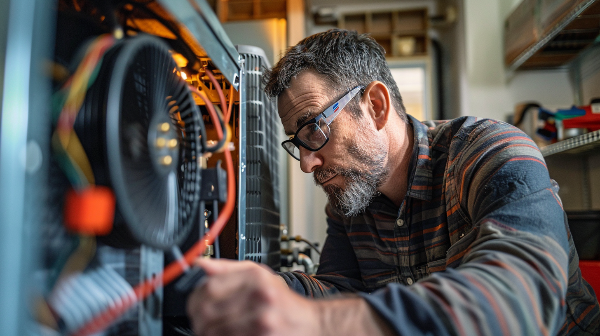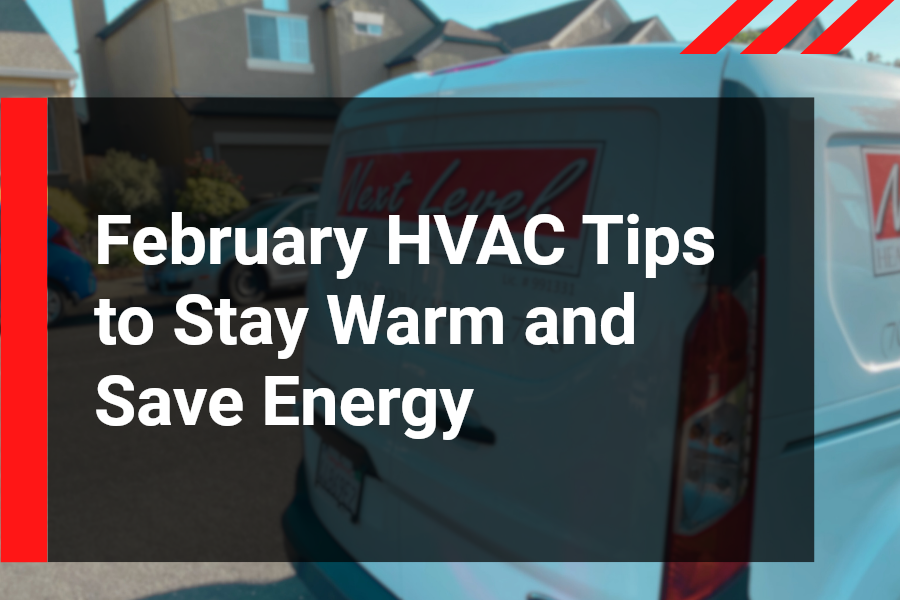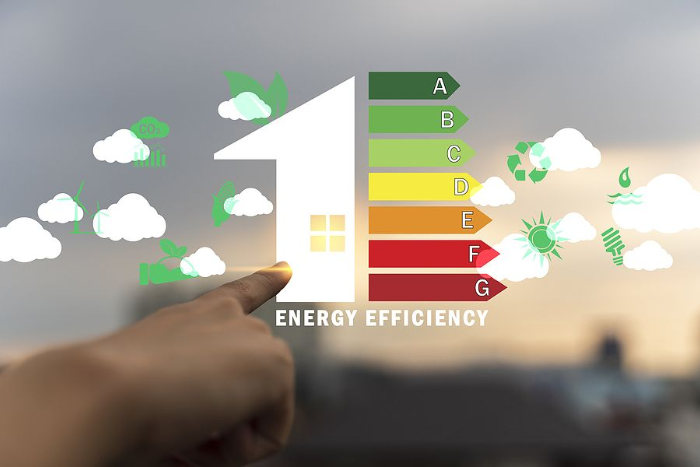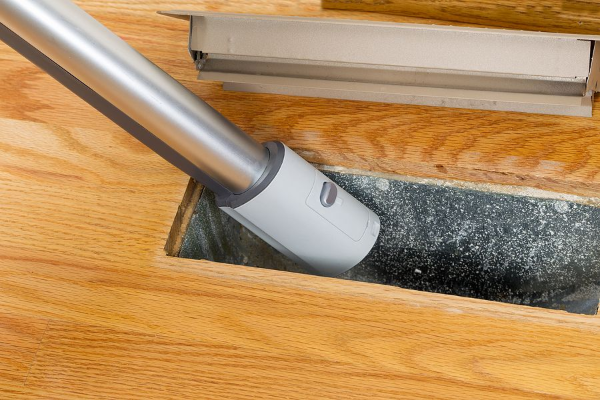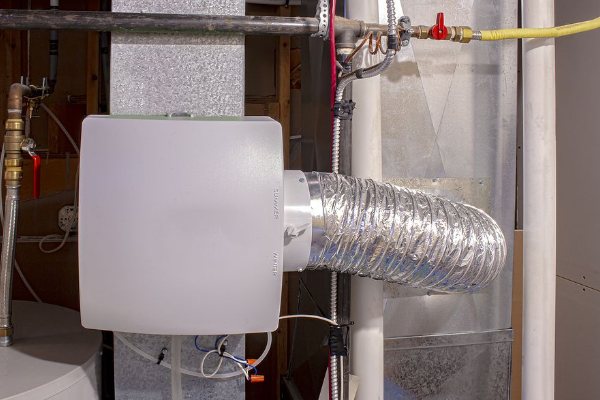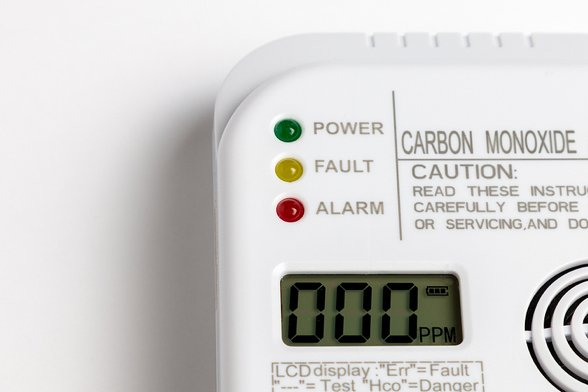How to Troubleshoot AC Issues in Hot Weather
When temperatures rise, your air conditioner quickly becomes the MVP of your home. But with constant use comes wear and tear. This guide covers five common summer AC issues and how to fix air conditioner problems in summer so you can stay cool and stress-free all season.
1. Your AC Is Blowing Warm Air
Nothing feels worse than warm air blowing from your vents on a 90-degree day. This is one of the most common summer AC issues, and it usually comes down to airflow or refrigerant problems.
What Might Be Happening:
- Incorrect thermostat settings: The system might be set to "fan" instead of "cool."
- Clogged air filter: A dirty filter blocks airflow and can make the system overheat.
- Low refrigerant: This often points to a leak and won’t fix itself.
What To Do:
While it’s fine to check your thermostat and replace the filter yourself, refrigerant issues need a licensed HVAC technician. Low refrigerant affects performance and can damage the compressor if left untreated. It also signals a leak that should be identified and resolved to prevent further breakdowns or health hazards due to refrigerant exposure.
2. AC Turns On and Off Too Frequently (Short Cycling)
Short cycling is when your air conditioner starts and stops repeatedly without completing a full cooling cycle. Not only is this inefficient, but it can also wear out your system faster and compromise humidity control.
Common Causes:
- A filter that hasn’t been changed in a while
- An incorrectly sized unit
- Thermostat sensor issues
- Refrigerant or compressor problems
What To Do:
Replace the air filter if it looks dirty. Also, check your thermostat’s placement—if it’s near a heat source, it may trigger early shutoffs. Persistent short cycling often means something deeper is wrong, like a misconfigured or mismatched system. This is when calling an HVAC technician is essential.
3. Weak or No Airflow
If your system is running but barely pushing out any air, it’s not doing its job. Weak airflow can make your home feel stuffy, unevenly cooled, and force your system to work harder than it should.
What Might Be Happening:
- Dust-clogged vents or ducts
- Malfunctioning blower motor
- Leaky or disconnected ductwork
- Blocked evaporator coil
What To Do:
Check that all supply and return vents are open and unobstructed. If some rooms feel much cooler or warmer than others, duct issues may be the cause. An HVAC technician can measure airflow, inspect the blower and motor, and identify whether internal components need cleaning or replacement.
4. Water Leaks or Pooling Around the Unit
Air conditioners don’t just cool your home—they also remove moisture. But if you notice puddles or dripping around the indoor unit, something’s wrong, and moisture damage can happen fast.
Common Culprits:
- A clogged condensate drain line
- Rusted or cracked drain pan
- Frozen coils thawing out
What To Do:
While you can clean up any standing water, it’s best not to tamper with internal components. If your system shuts off or seems to struggle on especially humid days, the drain system may be blocked. A technician will check the entire condensate line, verify coil health, and ensure moisture is draining correctly before it damages floors or drywall.
5. Strange Smells or Noises
Unusual sounds or odors from your AC should never be ignored. They often signal mechanical or electrical problems that can escalate quickly.
What You Might Notice:
- Burning smells: May indicate overheating components or wiring problems
- Musty odors: Could be mold inside the ductwork or unit
- Buzzing or rattling: Might be loose parts or electrical issues
- Squealing: Often a sign of a worn blower belt
What To Do:
Turn the system off if you smell anything unusual or hear alarming noises. These could signal fire hazards, worn-out motor parts, or failing electrical components. An expert will safely diagnose the issue, perform repairs, and help you avoid more serious damage or health risks.
Stay Ahead of Common Summer AC Issues
Now that you know how to fix air conditioner problems in summer—or rather, how to recognize when to call in an expert—you can enjoy the season with fewer disruptions. Change your filters regularly, keep vents clear, and don’t ignore the signs when something seems off. A little attention now can prevent major repair costs later.
If you're facing any of these common summer AC issues, contact Next Level HVAC. Our experienced team will inspect your system thoroughly, explain what’s going on, and restore your comfort fast. We know what it takes to keep your AC reliable during California’s hottest months.

